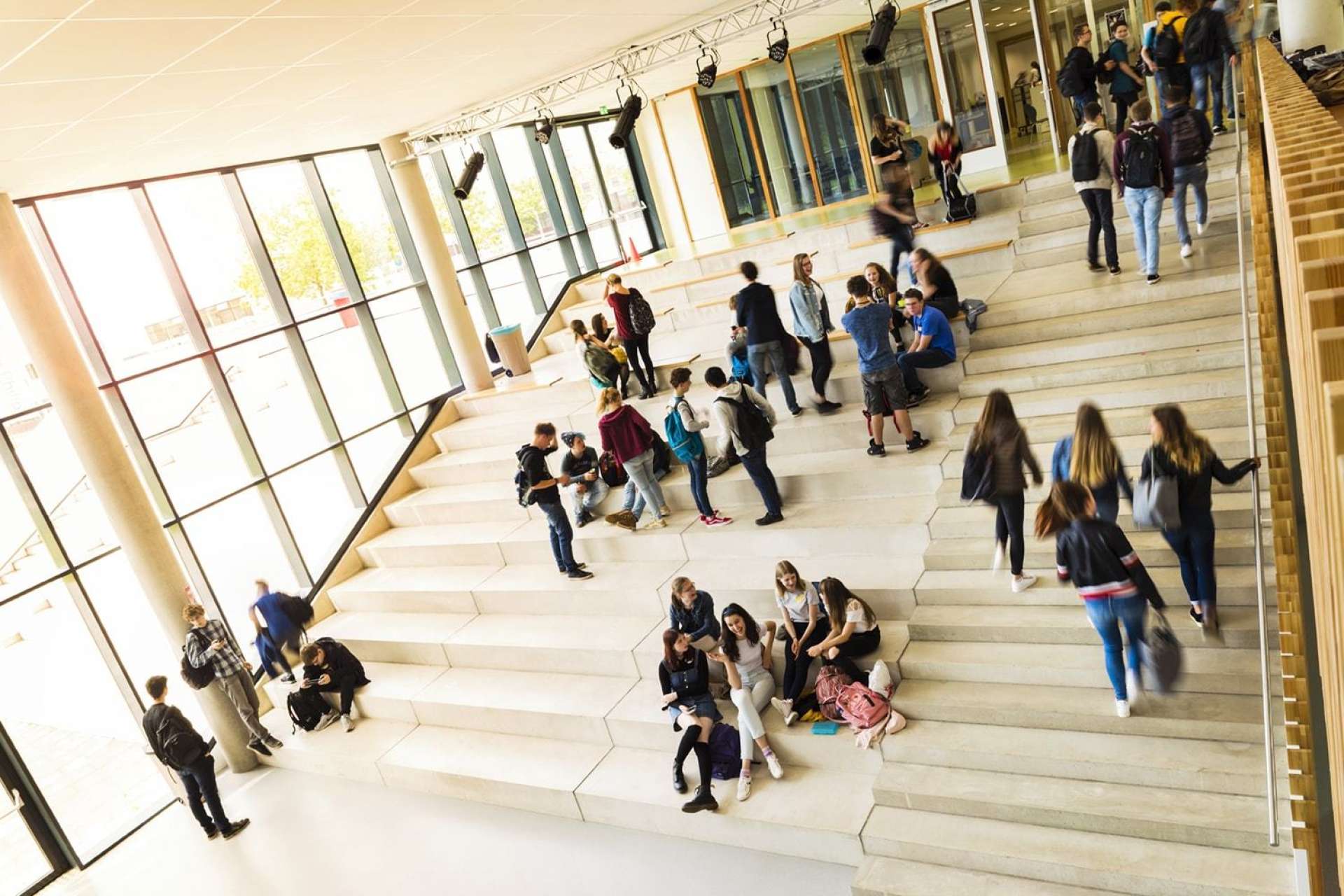We go back in time a little over a year. Do you remember? Your students all together in one big lecture hall. Unbelievable. You and your students actually worked together in the same room. Until the whole world was turned upside down. Is education conservative and inflexible? No way! For those who may have forgotten. Education, over the past few months, has proven that it can adapt very quickly to a new and unknown situation. It's almost unbelievable, but when schools had to close, about 88% of the schools had arranged distance learning within two days! We quickly learned the advantages of digital education.
We can say that the world has changed a lot. And so has education. Here and there small changes were already made. However, the situation in recent months has meant that education has had to embrace the future in the highest throttle. But what can you, as a teacher, expect?
Upcoming trends in education
1. Soft skills take the lead
Okay, there is still a lot catching up to do here. In education, the emphasis is still very much on learning, learning, learning from (boring) theory. From facts. Extremely useful, because who knows what will be essential about a certain topic in ten years' time. But that is no longer enough these days. Acquiring those 21st century skills is becoming increasingly important and popular. Such as problem-solving and being able to work together in a team. Or digital literacy. It ensures that your students are well prepared for a rapidly changing labour market.
2. Your student takes centre stage
The division of roles between you and your students is changing. They take the centre stage. They want to be in control. The students of today? Your students? They are critical, accustomed to being in control and therefore want to plan their own study career. They decide for themselves which subjects will be followed, how this will be done and at what pace.
3. But what about you? The teacher?
Your students will become more independent and self-reliant. They take charge of their own study career and future career. What about you? You don't have to miss them, of course. You will just have a different role. You will be more like a coach. Your students will have to do it themselves, but you are there to guide them. Wrong direction? Don't worry, it will all work out in the end.
4. Lifelong learning will become the benchmark (yes, really)
Yes! We’re not joking. It will no longer have an expiry date. Reskilling and upskilling become an inherent part of a career. Technological developments, among other things, forces employees to take a lifelong learning route to keep pace with their profession. It’s not just about boring theory (thank heavens), but about methodologies, new insights or mastering new digital tools that enable them to do their work better and more creatively.
5. Internationalisation changes education
In the 1990s, internationalisation involved student exchange and intercultural learning. That has changed a lot. Since the 00s, attracting international diploma students has become increasingly important. Because students and teachers with a different cultural background have a different view on themes, they stimulate discussions during lectures. In your lectures as well. Conversely, more students must follow (part of) their studies abroad. In this way, your students prepare themselves for the future labour market, which requires intercultural skills.
The future of higher education
We see a lot of changes. The way of teaching, for instance. From traditional classrooms to online lectures and virtual classrooms. You as a teacher see that too. Fortunately, you're not alone! Blended learning, co-creation, lifelong learning and virtual classrooms? We will explain it all to you in our crash course on the higher education of the future.
